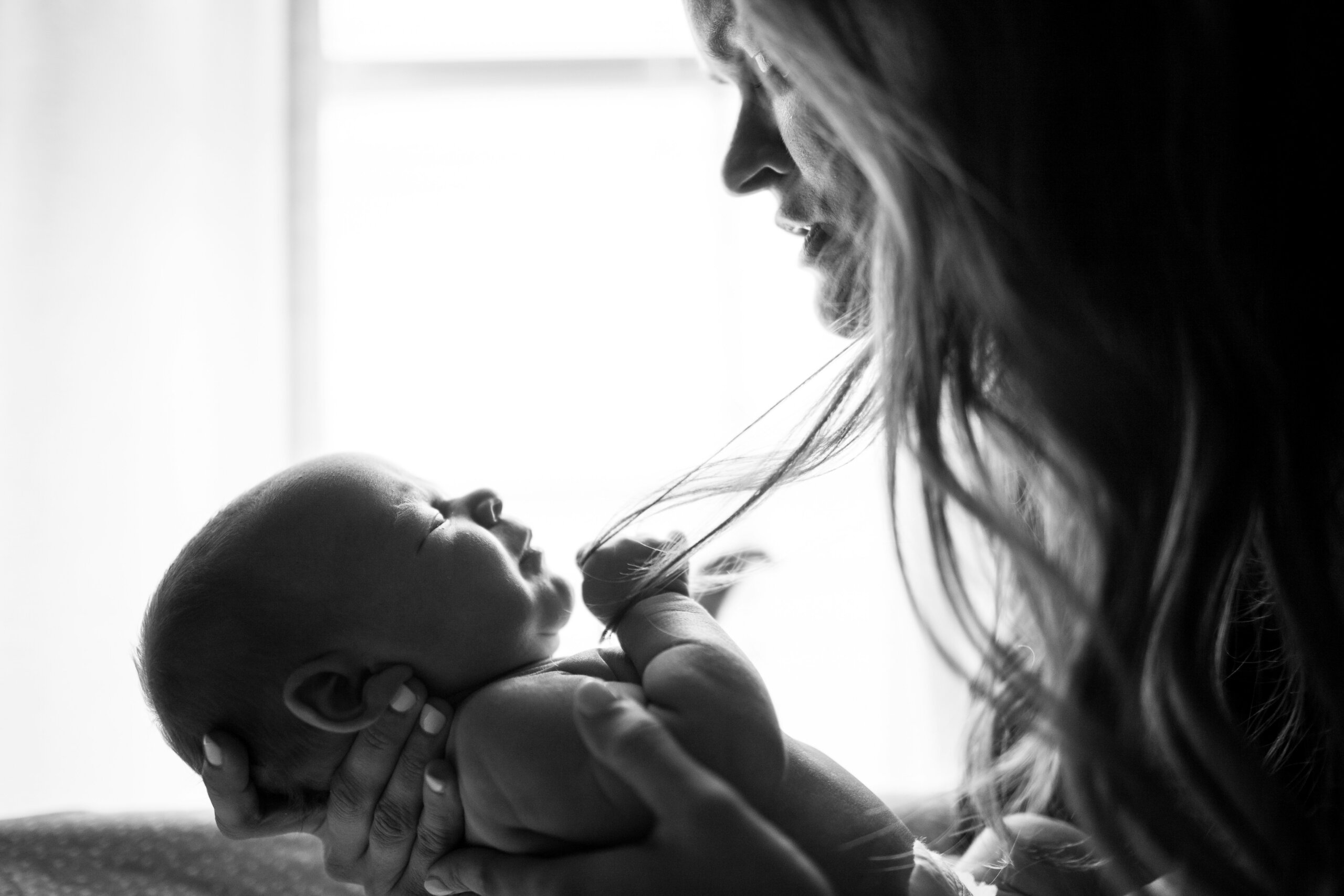Everyone tells you that having a baby is one of the best things in the world. It’s a blessing. It’s a miracle. It’s an unforgettable experience.
But what a lot of people don’t tell you is that it can also be hard, challenging, and emotional. The two aren’t mutually exclusive. Having a baby can come with a fair share of positives and negatives.
Post-partum depression is a lot more common than you may think. If you’re struggling, you’re not alone. Here are 5 ways that you can heal from post-partum depression.
1. Eat a Healthy and Well Balanced Diet
You’ve probably heard the phrase, “You are what you eat”. While this isn’t completely true, how you treat your body and the food you give it matters. Eating healthy and well-balanced meals filled with proteins, healthy fats, and carbohydrates can help ensure that your body and brain are each performing to the best of their ability. You’ll start to feel better mentally and physically which will impact a lot of different areas in your life in positive ways.
2. Move Your Body
Exercise isn’t just beneficial for your physical health. It can be just as beneficial for your mental health as well. Exercise can make you feel better from the inside out. It can help you reduce your stress level and increase your mood. All it takes to see the benefits is moving your body for at least thirty minutes each day. Try finding time to get a workout in at your local gym. You can always roll a yoga mat out in the comfort of your own home. Or try getting your baby prepped and ready in their stroller so you can enjoy a walkout in the sunshine in your own neighborhood.
3. Practice Self-Care
When you have a baby, your views change and shift. You can no longer only focus on yourself. Your wants and needs tend to get pushed aside to care for your baby. While that may be reasonable and even normal for a lot of new parents, your wants and needs are still very important. You can’t expect to constantly give to others if you have nothing else left to give though. This is why practicing self-care and finding time for yourself to tend to your own wants and needs is so important. This alone time gives you a chance to rest and recharge so you can be ready for whatever life throws your way.
4. Lean On Your Loved Ones
Having a baby can feel very isolating, especially if your family or friends aren’t going through a similar life change as you are. Try not to withdraw from others and only care for your baby all on your own. It’s okay to let other people in. Let your family and friends know what you need from them. Maybe you want them to come over and just sit with you. You may be able to ask them for help cleaning your home or watching your baby while you rest or run errands. Whatever you need from them, they’ll show up and support you just as you would do for them.
5. Seek Additional Support
Post-partum depression may cause you to feel completely isolated and alone, but both are actually a very common and even normal mental health concern for a lot of new parents. If you’re experiencing signs or symptoms of post-partum depression, it’s important to seek additional support as soon as you can, as these can worsen over time if left untreated. We’re here to help you overcome your post-partum depression and find ways to move forward in your life again. Reach out to us today to see how we can help you better manage those signs and symptoms and perinatal mental health.

